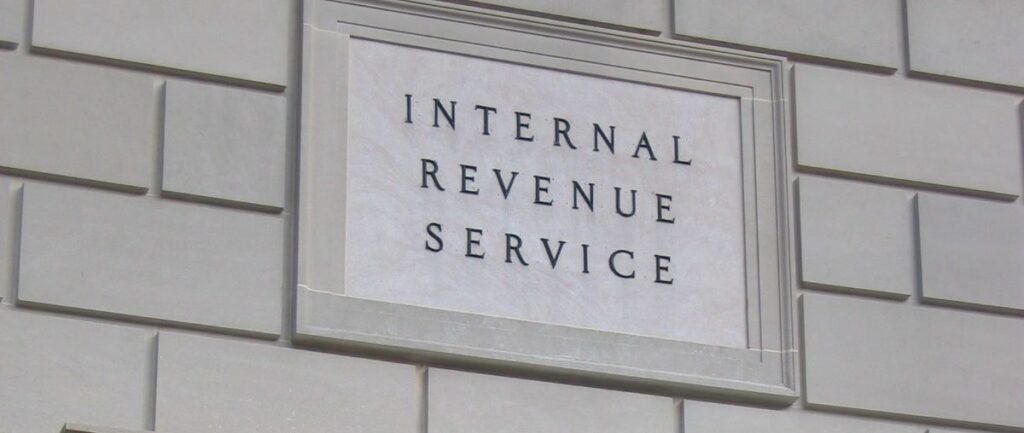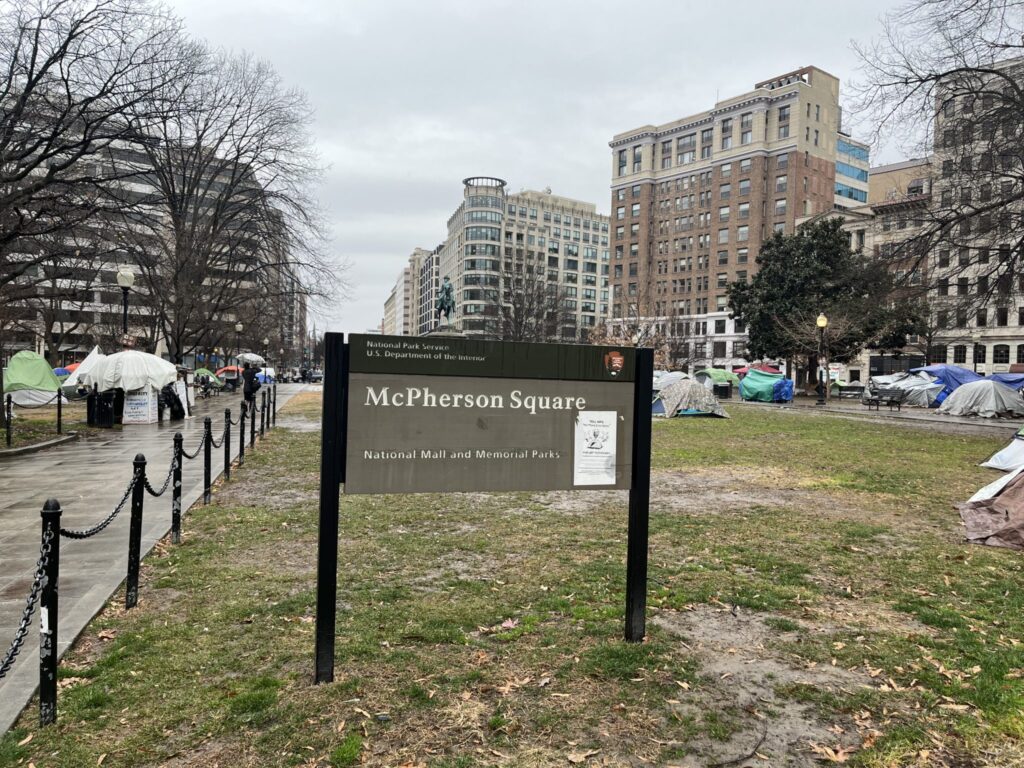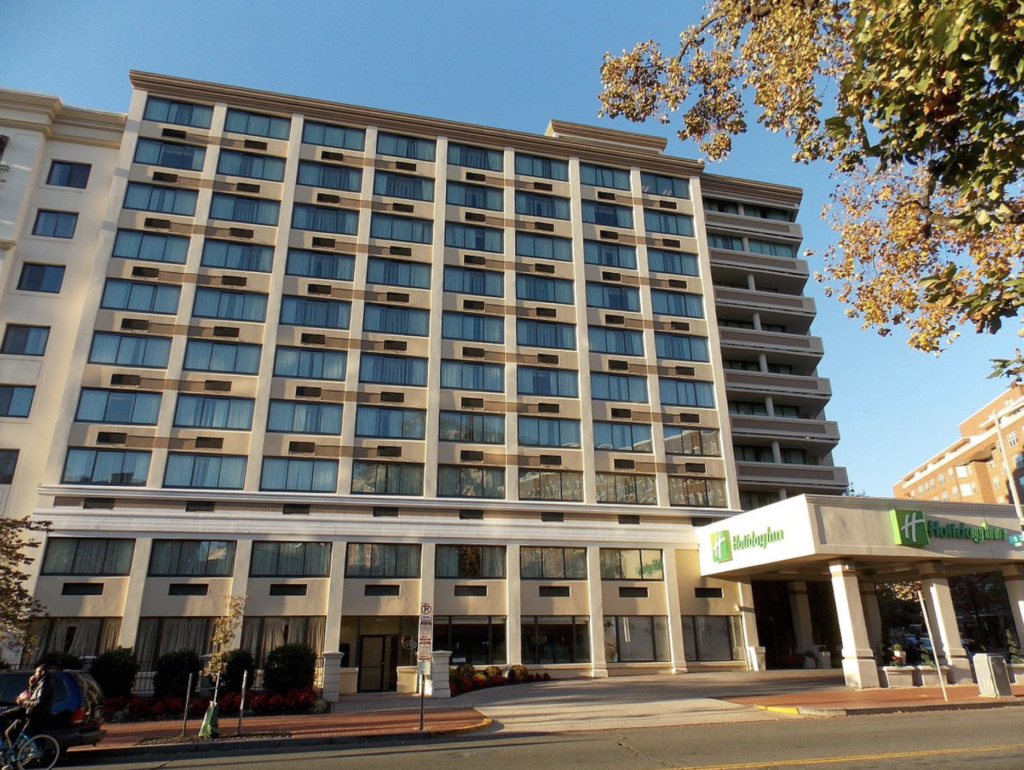For Americans who have not yet received a stimulus check to help them during the coronavirus pandemic, a deadline is approaching to file information the IRS needs in order to get the money this year. Although many people received this “Economic Impact Payment” already, people who don’t usually file tax returns — including very low-income people and people experiencing homelessness, in particular — may need to take extra steps to receive the payment.
People who don’t file tax returns, known as “non-filers,” have until Nov. 21 to use the IRS’s Non-Filers Tool to identify themselves and claim the stimulus payment, totaling $1200 for individuals and $2400 for couples. The deadline is sooner for any non-filers with qualifying children under the age of 17, who have until Sept. 30 to file for additional $500-per-child payments.
If eligible non-filers miss these deadlines, they can still receive the payment, which functions as a tax credit that has been made available in advance. But the next opportunity will not be until the 2021 tax filing period.
The impact of missing those deadlines could be felt by up to 46,000 people in the District alone and 12 million people nationwide, according to a report by the Center for Budget and Policy Priorities. Collectively, those individuals stand to miss out on $12 billion.
The report also noted that a disproportionate number of non-filers are people of color, who “are being hit hardest by both the economic and health effects of the pandemic.”
Now, with less than a month until both deadlines, efforts are underway at the national and the local level to reach out to eligible non-filers and provide support.

Seven million people nationwide have used the Non-Filers Tool so far, and the IRS is making an effort to spread the word to others who may be eligible. On Sept. 24, the IRS will begin mailing letters to the last known addresses of people who may be eligible based on the IRS’ estimate of their income. Around 34,000 people in D.C. will receive one.
Receiving a letter does not necessarily mean that a person is eligible to file with the Non-Filers Tool, but the letter will include instructions in both English and Spanish for people who are.
In D.C., local organizations and the government are also stepping in to ensure that those who qualify for using the Non-Filers Tool have the opportunity and guidance to do so.
Catholic Charities D.C.’s Financial Stability Network is one such group. The network is a collection of tax specialists, accountants and financial planners working pro bono who are matched by Catholic Charities with low-income people who need their services but can’t afford them. For the last five years they’ve run an official IRS Volunteer Income Tax Assistance program. This year they’re using that infrastructure to help with Economic Impact payments.
[Read more: Homeless or poor citizens may have trouble getting stimulus payments. Catholic Charities hopes to help]
“Our particular focus is for those who are not on the IRS’s radar screen,” said the network’s director, Jim Shanahan. The network has communicated with case managers and staff at the shelters that Catholic Charities runs to inform them about the services they’re offering.
They’ve also posted fliers and received special permission from the IRS to meet with clients over Zoom, when normally they’re required to meet in person.
The D.C. Department of Human Services is doing outreach to case managers and shelters staff to provide information about the payments and eligibility requirements that they can pass on, according to Theresa Silla, a fellow at the D.C. Interagency Council on Homelessness.
DHS and the ICH recently partnered with Capital Area Asset Builders to brief some housing providers in D.C. about the payments. And in June, DHS trained case managers at youth shelters and worked with the D.C. Economic Security Agency to send out robocalls to about 2500 District residents who benefit from the Supplemental Nutrition Assistance Program, also known as food stamps..
DHS is also putting on several resource fairs at D.C.’s shelters, where people living in the shelters will have access to representatives from the Financial Stability Network, the D.C. DMV, the D.C. Health Vital Records Division, and other agencies to obtain different forms of identification and learn how to request their Economic Impact payments.
Shanahan said face-to-face meetings like this are important because many of the people they’re serving don’t have smartphones or computers with cameras to meet remotely.
Silla added, though, that the COVID-19 pandemic has made organizing events like this “quite difficult,” and that DHS has had to scale back some of its outreach efforts due to concerns about face-to-face meetings.
The information required for the payment includes: full name, current mailing address and an email address; date of birth and valid Social Security number.
For each qualifying child during 2019, their name, Social Security number or Adoption Taxpayer Identification Number is required as well.
If the person has one, the following information will also speed the process along: bank account number, type, and routing number; an Identity Protection Personal Identification Number (IP PIN); and a driver’s license or state-issued ID.
If they do not have a bank account, their stimulus check will be sent to them by mail. If they do not have an IP PIN, they can request one on the IRS website . And if they are missing their driver’s license or other ID, they can simply leave that section blank on their request form.
Families and individuals who are eligible to receive special tax benefits, such as the Earned Income Tax Credit or Child Tax Credit, cannot use the Non-Filers Tool and will instead need to file a regular return by using IRS Free File or by another method within the same Sept. 30 and Nov. 21 deadlines.
Eligible people to use this tool include anyone with qualifying children who receive Social Security retirement, survivor or disability benefits, Supplemental Security Income, Railroad Retirement benefits, or Veterans Affairs Compensation and Pension (C&P) benefits who did not file a tax return in 2018 or 2019.
Shanahan said Catholic Charities’s goal is to meet with at least two-thirds of the 46,000 people in D.C. who are eligible for a payment but haven’t gotten it yet. Getting the word out about the payments, though, remains an obstacle, according to Shanahan.
“The big myth out there is that only people who file income tax returns should be getting these economic stimulus checks,” he said. “Individuals have no earthly idea that they’re eligible for these payments.”
Update (10.13.2020)
The IRS has updated the deadline for using the Non-Filers Tool to Nov. 21. The text and headline of this article has been changed to reflect this new date.






